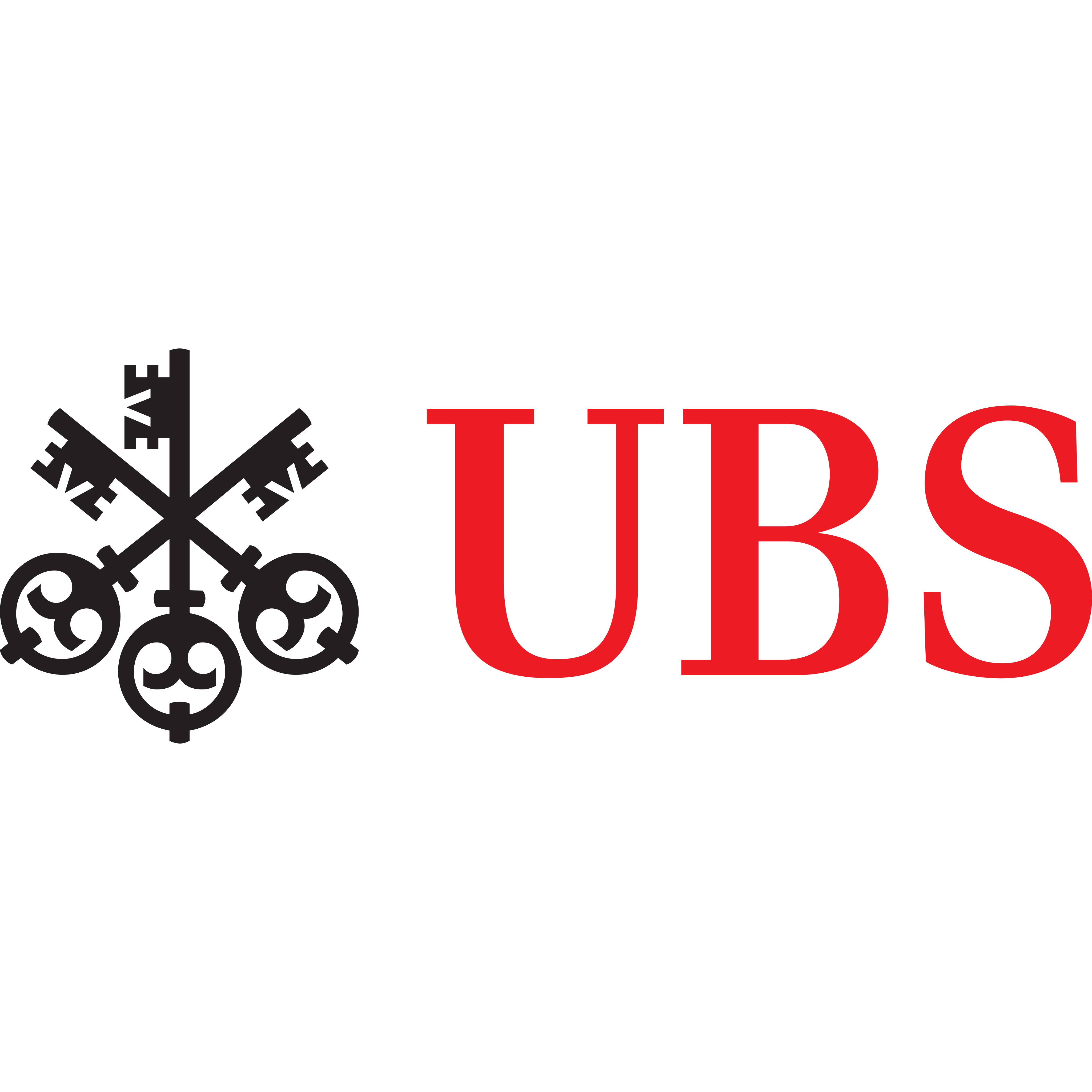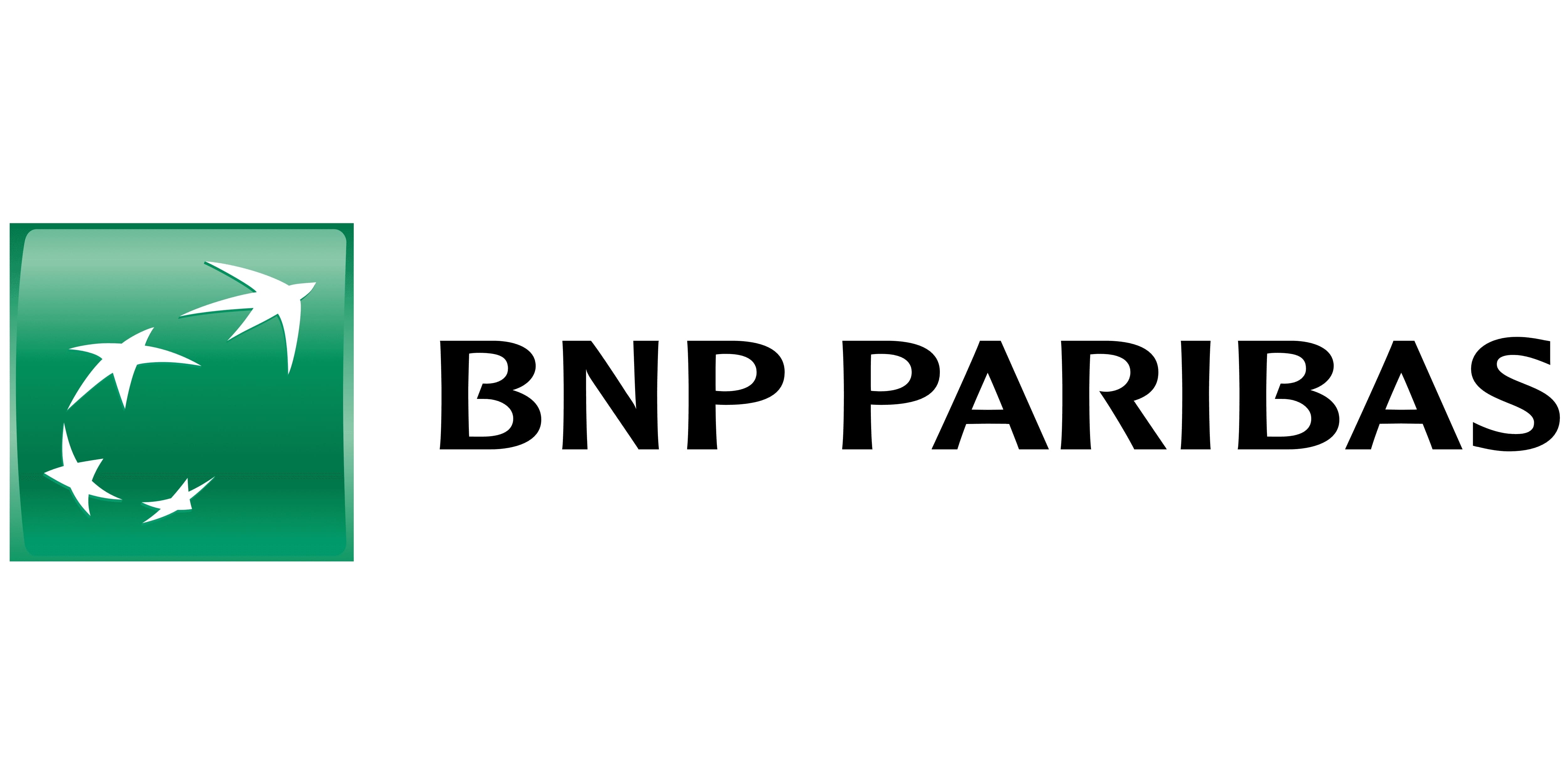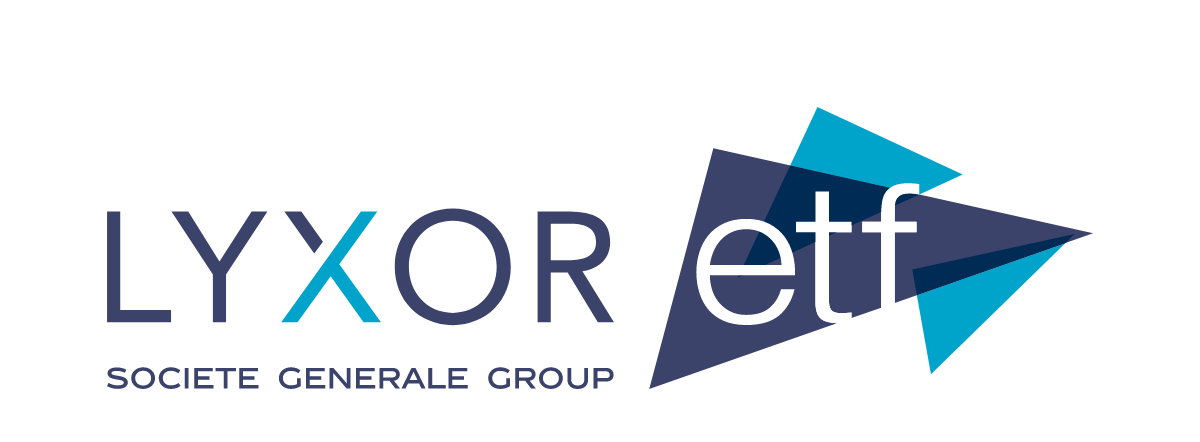A swift deal to acquire 167-year-old Credit Suisse narrowly prevented Europe’s largest banking failure in recent history, however, the events still left their mark across asset classes with all-time-highs and existential risk for some ETFs.
Credit Suisse was front-and-centre as the collapse of Silicon Valley Bank (SVB) exposed broader risks in the sector. Ahead of SVB’s closure on the evening of 10 March, the Swiss giant’s shares were already down 85% over the trailing five years.
15 March
This marked a point of no return for Credit Suisse. After receiving multiple rounds of emergency support from investors, The Saudi National Bank refused to offer $1bn of additional investment following the Swiss bank confirmed it had “material weaknesses” in its reporting and control procedures for the last two years following a Securities and Exchange Commission (SEC) probe.
As the bank’s share price collapsed 30% in a day, its credit default swaps (CDS) jumped to their highest level since 2008, pricing in a 40% probability of default. The Swiss National Bank (SNB) offered Credit Suisse a $54bn emergency loan to “pre-emptively strengthen its liquidity”.
The impact of the news reverberated through ETFs. BlackRock’s $8bn US-listed floating rate bond strategy booked $247m outflows in one day and saw its discount to net asset value (NAV) widen to 1.79%.
17 March
A day after a lawsuit in the US and downgrades by investment bank analysts, Morningstar Direct data revealed at least $450m had been withdrawn from Credit Suisse managed funds in just two days earlier in the week.
At least four large banks including Société Générale and Deutsche Bank then imposed restrictions on new trades with the Swiss bank.
18 March
Marking a second eventful weekend in banking, news began to surface that UBS was in talks to acquire Credit Suisse, with the SNB and regulator FINMA looking to broker the deal as a ‘plan A’ to boost investor confidence as Credit Suisse’s market cap fell below $7bn.
BlackRock was also reported to be preparing a rival bid by five different sources; however, the world’s largest asset manager said it was “not participating in any plans to acquire all or any part” of the business.
19 March
UBS agreed to a conditional $3.25bn acquisition of Credit Suisse at a cut price of CHF0.76 a share, valuing it at 99% below its all-time-high in 2007.
The SNB agreed to provide another liquidity loan of up to $107.8bn while the Swiss government granted a CHF9bn guarantee to cover potential losses from Credit Suisse businesses.
UBS also attached a Material Adverse Change clause, allowing it to walk away from the deal should Credit Suisse CDS jump by 100 basis points.
The main upset in the deal was news $17bn of Additional Tier 1 (AT1) debt would be written to zero, a decision made by Swiss regulators that meant while equity investors had been made whole, higher seniority bond investors would both lose their investment and not see their bonds converted to equity.
Colm Kelleher, chairman of UBS – a bank now with $5trn invested assets – said: “As far as Credit Suisse is concerned, this is an emergency rescue.”
20 March
Monday revealed the extent of uncertainty and its impact on ETF performance. The Invesco AT1 Capital Bond UCITS ETF (AT1) and WisdomTree AT1 CoCo Bond UCITS ETF (COCB) were down as much as 12.9% and 11.9% in morning trading.
The devaluation of Credit Suisse saw its shares open 64% down on Monday, while UBS fell 8%, prompting the iShares STOXX Europe 600 Banks UCITS ETF (EVX1) to fall 4%.
Uncertainty proved supportive to safe havens, with gold products buoyed as the precious metal broke $2,000 an ounce for the first time since Russia invaded Ukraine on news two-year US Treasury yields had collapsed 100 basis points the previous week as markets priced in a small rate hike by the Federal Reserve.
The WisdomTree Core Physical Gold ETP (WGLD) jumped 6.1% while the Market Access NYSE Arca Gold Bugs UCITS ETF (GOLB) surged 12.4% over the trailing week.
21 March
Sentiment settled the next day as monthly flows into Europe-listed bank sector ETFs were reported to have hit their highest in a year, almost doubling their monthly average of €4.2bn with ten days to spare.
This came despite the Invesco Euro Stoxx Optimised Banks UCITS ETF (S7XP) and Lyxor EURO STOXX Banks UCITS ETF (BNKE) falling 17% during the first 20 days of March.
Media also began reporting on the asset management implications of the Credit Suisse buy-up, which is expected to see UBS Asset Management leapfrog Vanguard as the fourth-largest ETF issuer in Europe, taking on Credit Suisse’s €7bn ETF and exchange-traded note (ETN) assets to have a total of €89bn assets under management (AUM), according to Refintiv.
However, questions lingered over whether Credit Suisse’s ETN business would survive amid criticism over the products’ credit risk.
24 March 2023
After recovering over the course of the week, the Euro Stoxx 600 Banks index dropped 5.3% in ninety minutes on Friday morning on news Deutsche Bank’s CDS spiked 200 basis points, which saw the German lender’s share price tumble 13.5%.
Banks across Europe followed suit, with Commerzbank falling 10.3%, while SocGen and BNP Paribas were down 8.3% and 6.5%, respectively.
Risks of contagion in the financial sector remain after a hawkish 50-point rate hike by the European Central Bank and the Fed’s decision to raise rates by an additional 25 points this week.
ETF Wrap is a weekly digest of the top stories on ETF Stream












